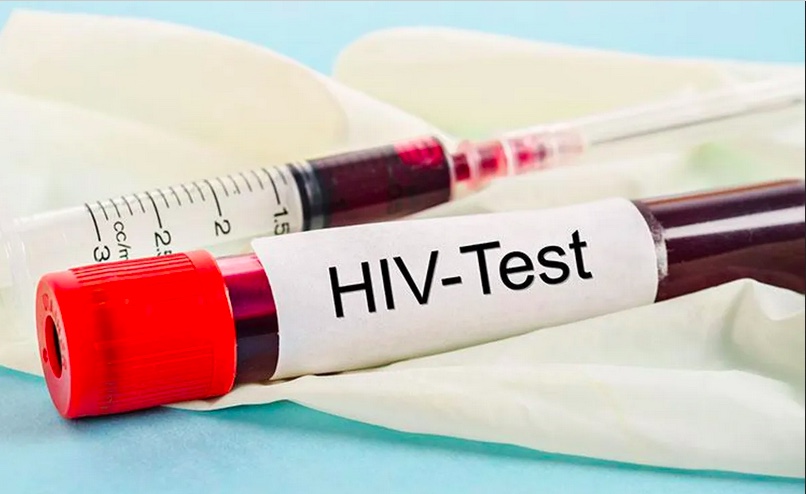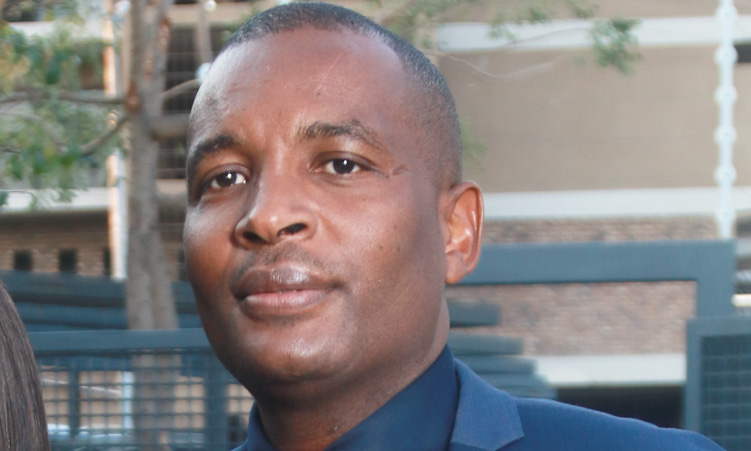A CONSTITUTIONAL challenge to the Criminal Procedure Act that has been holding up the start of the Avid Investment Corporation fraud and corruption trial appears to be heading to the Supreme Court.
A hearing on the constitutionality of the Criminal Procedure Act’s sections 245 and 332 (5), which is being questioned by three of the accused in the Avid case and also by Swakopmund resident Hans Peter Rothen, was supposed to take place before a three-Judge bench in the High Court yesterday.The hearing before Judges Elton Hoff and Louis Muller and Acting Judge Naomi Shivute was aborted, though. The issue of the constitutionality of the two sections of the Act could now instead be referred directly to the Supreme Court by the Attorney General for a ruling on that constitutional point.This is after Judge Muller raised an unexpected query in court yesterday by asking defence counsel Louis Botes on what basis a full bench of the High Court could be asked to rule on the constitutionality of those sections of the Act at this stage.Judge Muller noted that neither the Avid case nor Rothen’s case have gone on trial yet. At this stage the only indication from the Office of the Prosecutor General about the role that the two questioned sections of the Act could play in those trials is that the prosecution might rely on those parts of the law, which is an indication that it is not even certain that the two questioned sections would come into play in those trials, Judge Muller remarked.After both Botes and senior counsel Jeremy Gauntlett, representing the Prosecutor General, had addressed the three Judges on the point raised by Judge Muller, the two legal teams returned to court following an adjournment and told the court that they had agreed that the court should remove the two cases from the court roll.Gauntlett told the three Judges that a referral of the question of the constitutionality of the two sections directly to the Supreme Court, which is a route that the Supreme Court Act allows the Attorney General to use, is now being considered. Gauntlett said the Prosecutor General is also recommending that the Attorney General should refer the matter to the Supreme Court in this way.Several people facing prosecution on fraud charges are awaiting a decision on the constitutionality of the two sections, as that would also have an effect on their trials, Botes told the court while still trying to convince it to hear the matter yesterday.In that respect, Botes said, the four clients he was representing yesterday are the flag bearers for various other people who also want to question the constitutionality of those parts of the law.In yesterday’s attempted constitutional challenge Botes was representing three of the accused in the Avid case – former Swapo Party National Assembly Member Ralph Blaauw, lawyer Sharon Blaauw, and former Labour Ministry official Otniel Podewiltz – as well as Rothen, who is also facing fraud charges in the High Court.The Blaauws, Podewiltz and four co-accused who include former Deputy Minister and Swapo Party MP Paulus Kapia are charged with ten counts in connection with a botched investment of N$30 million by the Social Security Commission through an inexperienced asset management company, Avid Investment Corporation, in early 2005.The ten charges include a count of fraud and eight charges under the Companies Act, with former directors of Avid – this includes Kapia, Podewiltz and Mrs Blaauw – facing six of those charges under the Companies Act alone.The Criminal Procedure Act’s section 245 states that in a case in which a person is accused of making false representations – which is a central element of fraud charges – it is deemed, once it had been proven that a misrepresentation had been made, that the accused person had made that false representation while knowing that it was false.This puts a reverse onus on an accused person to prove that he or she did not know that a misrepresentation that had been made was false.The Act’s section 332 (5) states that when an offence has been committed by a corporate entity, any director or servant of the entity at the time of the offence ‘shall be deemed to be guilty of the said offence, unless it is proved that he did not take part in the commission of the offence and that he could not have prevented it’.While the hearing before the full bench did not proceed as planned, a hearing in which another of the people charged in the Avid case, retired Namibia Defence Force Brigadier Mathias Shiweda, was trying to get a court order that would compel the Office of the Prosecutor General to disclose the Police investigation diary on the Avid case to him, was heard by Judge Sylvester Mainga yesterday.Shiweda’s lawyer, Deidre Sauls, argued that the investigation diary could include material that is not in the rest of the Police docket that is disclosed to the defence, but which could help Shiweda to prepare a full and proper defence to the charges he is facing. If he is not allowed access to the investigation diary, it could infringe on Shiweda’s right to a fair trial, Sauls argued.Deputy Prosecutor General argued that Shiweda did not make out a case to show that he is entitled to the investigation diary in order to have a fair trial. Since the prosecution has been required to disclose the contents of Police dockets to the defence – this does not include the investigation diary, though – a lot of time is being wasted in trials on the cross-examination of witnesses on what they had told the Police previously, instead of witnesses being cross-examined on their testimony in court, Small remarked.Judge Mainga reserved his judgement on Shiweda’s application.
Stay informed with The Namibian – your source for credible journalism. Get in-depth reporting and opinions for
only N$85 a month. Invest in journalism, invest in democracy –
Subscribe Now!






